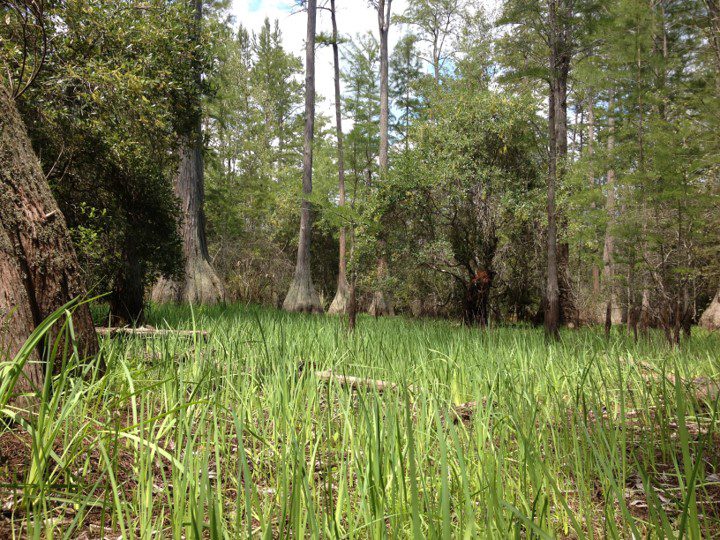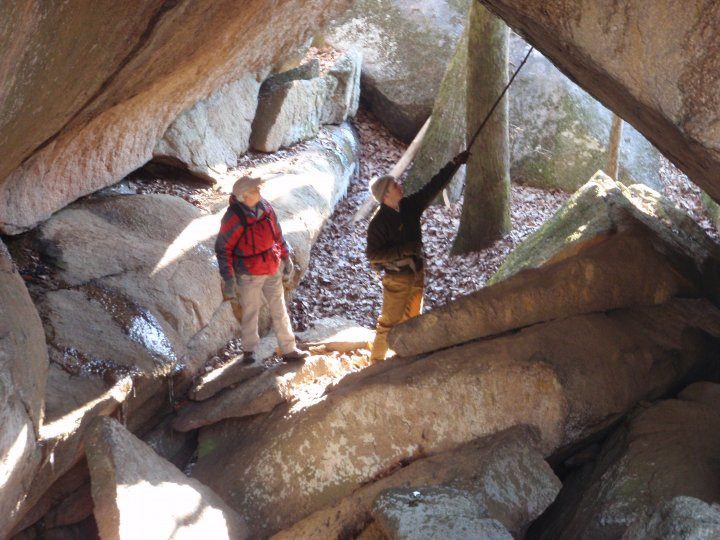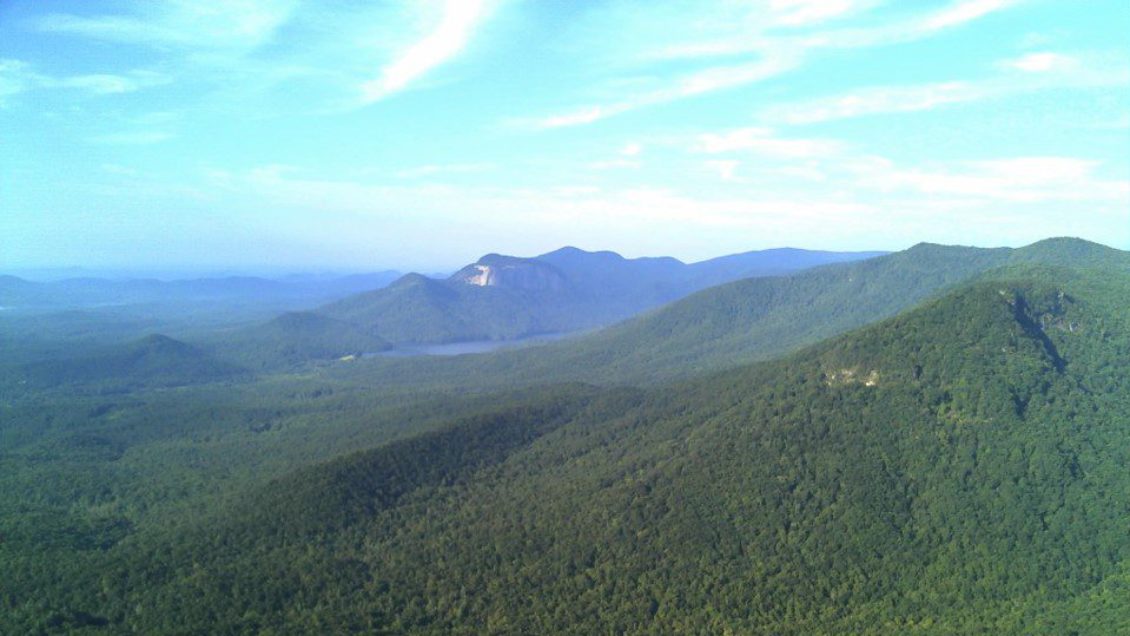Mountains to sea, South Carolina is many diverse ecosystems wrapped into one small package, and Clemson Cooperative Extension is offering a guided tour of them all — virtually — in an online course.
Titled “A SC Natural History Primer,” the online course allows participants to complete it on their own schedule. Registration, and more information, is available here.
Naturalist Austin Jenkins, who has taught for a decade with Extension’s SC Master Naturalist Program, said the course takes students through the formation of South Carolina and then connects that geology to its flora and fauna, plants and animals.
“Even before that, we talk about the natural history of South Carolina, how it relates to science, some of the early naturalists and early explorers of our state who were unpacking the plants and animals and geology that was here,” Jenkins said. “Then we really get into the state of South Carolina — why do we have the mountains, why do we have the piedmont, the sandhills, the coastal plain and coastal zone. This really diverse package of ecosystems within one small state is pretty substantial.”

The course is taught in cohorts so students may interact through online discussion boards. As part of local geological investigations, students will discuss and travel — again, virtually — to a Carolina bay to uncover the various hypotheses surrounding its odd and picturesque features.
The SC Master Naturalist Program provides nature-based education that aims to inspire citizen volunteers to promote environmental stewardship within their communities through field courses. The online Primer, meanwhile, is an investigation into basic principles of nature that can serve as either a precursor or a follow-up to the knowledge from the program.
But SC Master Naturalist Program State Director James Blake said participants do not need to be part of the Master Naturalist program to take this course, which came about during early stages of the COVID-19 pandemic.
“During the craziness of COVID, with Extension shutting down offices and closing face-to-face programs, we canceled nine, full, 12-week Master Naturalist courses and 32 advanced trainings that we had scheduled,” Blake said. “So, this was a way to get something out there. This does not replace the Master Naturalist Program whatsoever; we still believe in a place-based, nature-learning experience that you just can’t get over a computer.”
This course, however, is a way Extension is connecting people with nature when circumstances wouldn’t allow for in-person participation.
“Even outside of COVID, a lot of our Master Naturalists are retirees who sometimes have health issues they must deal with, so this could be a way that they can engage with nature without feeling like they have to go hiking through Table Rock State Park with us,” Jenkins said. “So, it was trying to provide a connection to nature for people during a time when it was difficult to connect face-to-face.”

The course is divided into four sections and comprised of 36 video lectures, each roughly 30 minutes in length, intended to introduce students to nature with special references to South Carolina.
In addition to understanding the basic principles, concepts and language of natural history through the exploration of the state’s flora, fauna and geology, participants will work to appreciate South Carolina’s biodiversity at multiple scales, from ecoregion to species.
Upon successful completion, students will be able to understand the scientific method, classify South Carolina’s organisms into basic biological groups, explain its geological formations within the context of ecosystem development and more.
“Throughout all this there’s an underlying thread of how we are connected to the natural world, and I think what people come to understand is that it’s sort of an extension of who we are,” Jenkins said. “It’s a lot like anything: the better you get to know yourself, the better-off you are in life. So, when nature is just an extension of us, we kind of get to know more about ourselves through this course — and we feel more at home in the state that maybe we’ve lived in all our lifetime or just settled in recently.”
Get in touch and we will connect you with the author or another expert.
Or email us at news@clemson.edu

